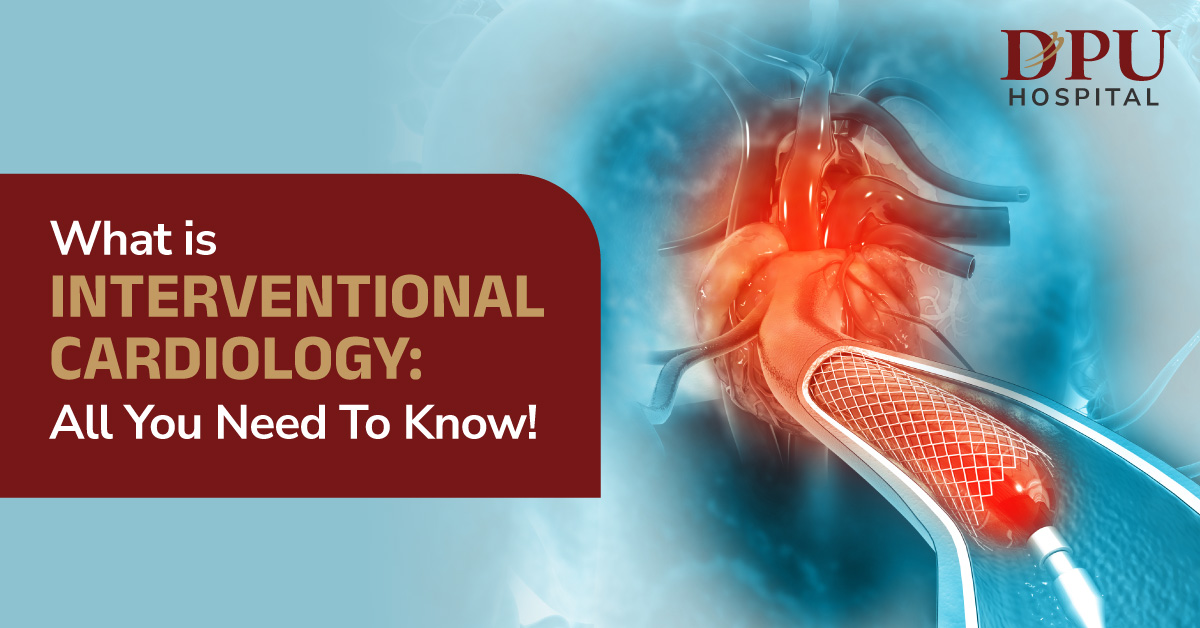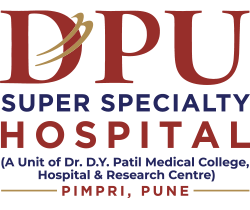Interventional Cardiology: All You Need to Know

Cardiological problems are widely common around the entire globe, and so are their treatments. This is why it’s important to understand the major ones and opt for the best solution after understanding them completely!
The medical sector has introduced a varied range of methods to treat blocked arteries, improve one’s blood flow, and much more! This has majorly been possible through the advancement in the cardiology domain.
What is Interventional Cardiology?
Interventional cardiology is basically the subspecialty of cardiology that mainly utilizes specific catheter-based methods in order to treat coronary artery infections, vascular sickness, primary coronary illness, as well as inborn heart abscesses.
Such a treatment utilizes different diagnostic tools along with imaging procedures to gauge cardiovascular functions. For example, measuring the blood flow in significant veins all through the body and inside the various chambers of the heart.
What is an Interventional Cardiologist?
There are various types of cardiologists who specialize in doing certain specific tasks.
Conditions Treated by Interventional Cardiology
Interventional cardiologists mainly lay their primary focus to treat coronary course sickness, heart valve issues, and inborn coronary illness. Not just limited to this, but such cardiologists even treat some other issues related to the four chambers of your heart.
Here are some of the most common conditions treated by interventional cardiologists:
- Arranges and deciphers research facility and imaging tests and recommends prescriptions
- Assesses a patient's clinical history and instructs the patient about heart wellbeing and coronary illness counteraction
- Determines and treats intense and persistent sicknesses and conditions that influence the heart and veins, including coronary illness, angina, arrhythmias, and cardiovascular failure
- Works intimately with your essential consideration specialist and different individuals from your medical services group to give ideal consideration
- Performs various procedures including cardiovascular catheterization and coronary angioplasty
Who Should See an Interventional Cardiologist?
Consulting with doctors and scheduling appointments usually have an exact time. It is always important to be aware of this specific time and get a checkup done.
Doctors can frequently deal with your overall heart functioning and even oversee various circumstances and factors for coronary illness. Following are the conditions faced by people who should see an interventional cardiologist.
- High cholesterol - This can lead to serious issues
- High BP - Increased blood flow impacts the functioning of your heart
- Experiencing blood vessel problems - This further results in blockage of certain arteries so it’s better to check it beforehand.
When Should You See an Interventional Cardiologist?
You are likely to be referred to an interventional cardiologist in case your doctor majorly finds or suspects a genuine heart or vein issue such as a blockage of a coronary supply route.
What Tests Does an Interventional Cardiologist Perform?
Different tests are performed by different cardiologists. Similarly, interventional cardiologists also perform distinct tests and treat specific parts of the heart! It’s always better to know their capabilities and visit accordingly. Here are some of the most common tests that interventional cardiologists perform:
- Cardiovascular tests (enzymes) - This is usually done to decide whether your heart is harmed
- Echocardiogram (ultrasound) - This takes a look at your heart & valve functions.
- EKG (electrocardiogram ECG) - Best pen to record your heart functioning properly and efficiently
- General well-being tests including total blood count (CBC), urinalysis, chest X-beam, blood glucose (sugar) test, liver and kidney work tests, cholesterol board, thyroid chemical tests, and circulatory strain screening
What Procedures and Treatments Are Done By an Interventional Cardiologist?
Procedures and the way of implementation also differ among various kinds of cardiologists. Interventional treatments are mainly focused on treating various types of heart and blood vessel conditions.
Also, it’s important to remember that interventional cardiologists are not heart surgeons. They have their specific work area wherein they efficiently perform:
- Angioplasty, atherectomy, and stent arrangement - This opens various obstructed blood vessels which had been closed due to coronary illness and the development of plaque
- Aortic aneurysm - This utilizes a less obtrusive procedure than an open a medical procedure
- Proper management of specific cardiovascular crises including heart attacks
- Medications and lifestyle suggestions - This is a major solution to treat coronary illness and decrease various risk factors such as elevated cholesterol hypertension
- Pacemaker and defibrillator insertion - This helps in treating strange breathing rates
Difference Between Invasive and Interventional Cardiology
Invasive and Interventional cardiology - these terms may be found a bit similar but they differ in their meanings. Both the treatments are linked to the working of blood vessels. This is why it’s necessary to understand these distinct terms and opt for the best one according to our requirements.
Interventional cardiology utilizes a catheter to treat coronary illness.
Is interventional cardiology worth it?
Each medical treatment has its own significance and unique purpose of opting for it. As mentioned above, interventional cardiology also has its subspeciality in certain areas which can be both physical as well as emotional.
Since it even demands extensive time and labor, people tend to get confused about opting for it. However, major reviews of people point towards the positive direction and consider this unique type of cardiology highly worth it.
Summary
If you suspect a serious issue with your heart, it is time to route your problems to a dedicated interventional cardiologist. Knowing the entire procedure and the treatment can help you stay prepared while keeping the worries at bay.
Additionally, you must also know what all tests an interventional cardiologist performs to diagnose and treat your ailment. This is beneficial for you to know what to expect down the road.
Get Effective Interventional Cardiology with Our Dedicated Teams at DPU Hospital, Pimpri, Pune
Serving patients for numerous years, our professional healthcare teams at DPU Hospital, Pimpri, Pune are experienced in handling different heart issues with varying severity. We strive to provide a friendly environment to all our patients and help them get better with our advanced technologies in different healthcare departments.
Take your first step towards leading a healthy lifestyle with us. Contact us today at 020 27805100 to request your appointment. Click here to explore more about our cardiology department.








